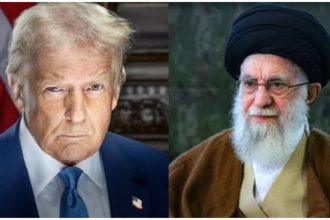Recently, commercial importers in Pakistan have stopped importing all consumable goods and beverages from June 25. The drastic decision responds to the prevailing scarcity of dollars, a virtual currency for international trade.
Banks’ Denial of USD Provision
The Karachi Wholesale Grocers Association official stated that all banks had denied them the provision of dollars. The unavailability of essential currency for international trade poses a serious challenge for commercial importers, disrupting their operations and hindering the supply of imported goods to local markets. As a result of detailed deliberation, the association instructed importers to notify their indenters not to dispatch any shipments after June 25.
The association’s statement highlighted the detrimental situation at the ports due to a lack of foreign currency. Thousands of containers are stuck, incurring fines and additional charges, causing significant financial losses for importers.
The State Bank of Pakistan (SBP) came under criticism for not supplying the much-needed foreign exchange. The association labeled the SBP’s current policies as harmful to the nation’s economy, adding to the financial sector’s many challenges.
Import Restrictions and High Inflation
Pakistan’s coalition government is grappling with a balance of payments crisis and record-high inflation, which surged to nearly 38% last month. With foreign exchange reserves barely sufficient to cover one month’s imports, the government needs effective strategies to navigate these economic hardships.
The restrictions on imports, the acute dollar shortage, and delays in opening letters of credit have wreaked havoc across various sectors of the country’s economy. None of these sectors met their growth targets for the fiscal year 2022-23, illustrating the profound impact of the ongoing economic turbulence.






